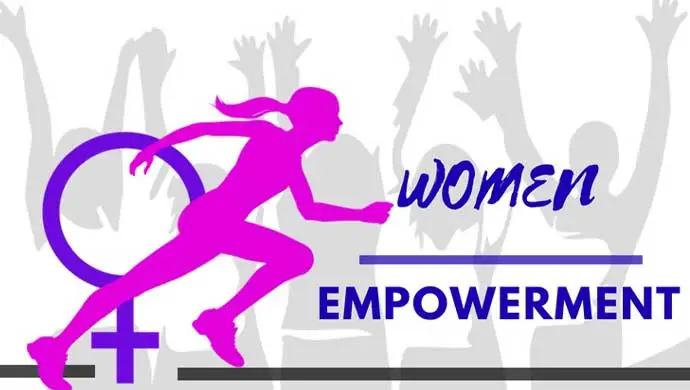Women empowerment is the process of increasing the social, economic, and political power of women. It involves increasing women’s ability to make decisions and exercise agency over their own lives, as well as addressing the systemic barriers that prevent women from realizing their full potential. Women’s empowerment is a critical component of gender equality, and it is essential for the overall development and prosperity of society.

There are many ways in which women can be empowered, including through education, employment, and political participation. Education is a key factor in women’s empowerment, as it enables women to acquire the knowledge and skills necessary to participate fully in society. Employment also plays a vital role in empowering women, as it provides them with an independent source of income and allows them to contribute to their families and communities. Political participation is also important for women’s empowerment, as it gives women a voice in decision-making processes and allows them to influence policy and legislation.
In addition to these individual-level strategies, there are also structural and policy interventions that can support women’s empowerment. For example, policies that promote gender equality in the workplace, such as equal pay and parental leave policies, can help to level the playing field for women. Legal and institutional reforms, such as the passing of laws against gender-based violence and discrimination, can also support women’s empowerment by creating a more enabling environment for women to thrive.
Women’s empowerment is not just important for women themselves, but also for the broader society. When women are empowered, they are more likely to participate in the labor force, which can lead to economic growth and development. In addition, women who are empowered are more likely to invest in the health and education of their children, which can have long-term positive impacts on future generations.
Overall, women’s empowerment is a multifaceted and ongoing process that requires the participation and support of individuals, communities, and governments. By working together to address the barriers that prevent women from realizing their full potential, we can create a more equal and prosperous society for all.











